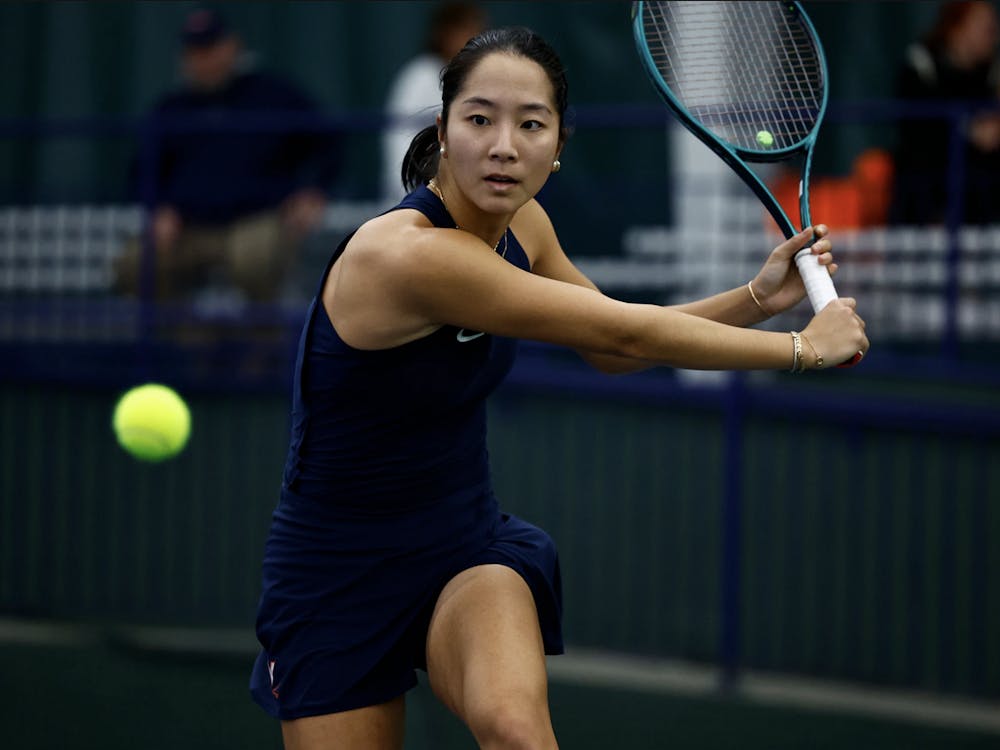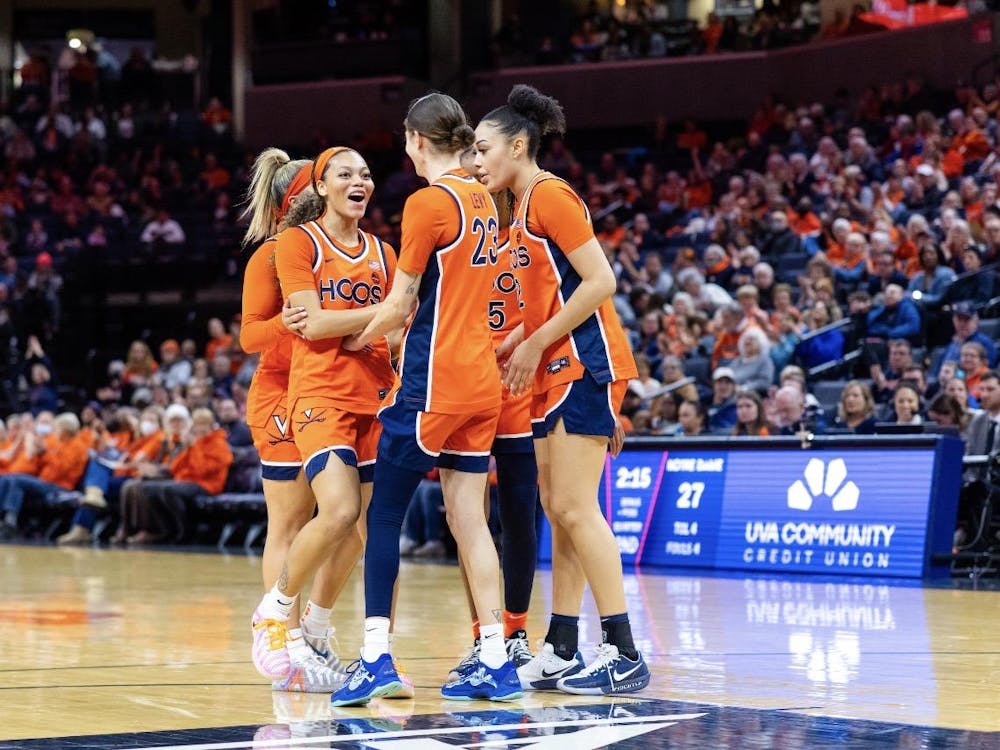In the latest edition of 'Athletes Behaving Badly,' the 2010 summer sports season was bursting with material. During the last three-odd months, we have witnessed "The Decision," the inception of the Miami Heat dynasty and a Cleveland-sized bonfire of LeBron James jerseys. We've seen a college football colossus - the USC Trojans - slapped with NCAA sanctions and stripped of a championship season. We've watched a 600th home run trot far more deserving of an asterisk than applause. And we've seen Brett Favre toy with yet another football franchise before retiring - and then un-retiring - again.
It all begs the question: At the seminal moments in their careers, why is it so difficult for sports icons to complete their legacies and go out the right way? Today, creating and feeding an image is as important to an athlete's commercial success as in-game performance. Nevertheless, the pattern of self-absorption routinely flaunted by marquee athletes calls into question whether sports stars can also be its heroes. One year ago, after a Hall of Fame induction speech that was unforgettable in the worst way, Michael Jordan seemingly answered the question: You either retire a hero, or you live long enough to see yourself become a villain. This summer, in the timeless words of John Cappelletti, I found another hero - and hope for more to come.
There may be no better poster child for Jay-Z's "You can pay for school but you can't buy class" lyric than Michael Jordan, at least when applied to the hardwood. Unquestionably basketball's most dominating player, Jordan ruthlessly stoked his competitive fires on the road to championships, records and unprecedented acclaim. But at the ceremony Sept. 11, 2009, the man universally recognized as the face of basketball refused to use the moment to reflect on the game he loved, to express gratitude and to inspire generations of admirers for one last time.
Instead, M.J. bragged, sniped and sneered his way through his Hall of Fame induction speech, determined to settle old scores with everyone from NBA rivals to the high school coach who cut him from Varsity - and even the poor kid who made the team instead. Many in the basketball community felt Jordan deserved his own, individual induction - out of as much respect for Jordan's one-of-a-kind status as for the other inductees - but the feeling was far from mutual. At the capstone of his career, Jordan couldn't muster a drop of humility, sincerity or appreciation; all he wanted to do with his final moment under the bright lights was ram one more slam dunk down everybody's throats.
"I wouldn't want to be you," Jordan cynically said about his family, but the remark might as well apply to anyone who ever bounced a basketball. Include my name with the laundry list of those who deified Jordan right up until he spoke words so ugly, so unwelcome and so beneath his star stature. I always wanted to be like Mike, and in some ways I still do. But I want to be like the Mike who played the game with his heart on his sleeve and his tongue hanging out in imitation of his father - his hero. Or the Mike who, after his father's murder in 1993, retired from the NBA at the peak of his career - to become the baseball player his dad had always wanted.
To defend Jordan's speech as an honest extension of the cutthroat way M.J. played the game does more than let Jordan off the hook. It insults John Cappelletti, the 1973 Heisman Trophy-winning tailback from Penn State whom the legendary Joe Paterno called, "the best player I have ever coached." In his award-winning senior season, Cappelletti rushed for more than 1,500 yards, 17 touchdowns and led Penn State to an undefeated 12-0 season. Then, at the moment it counted most, Cappelletti brushed his stardom aside and dedicated the Heisman trophy to his 11-year-old brother, Joey, who was battling childhood leukemia. "A lot of people think that I go through a lot, only for me it is on Saturdays and it's only in the fall," an emotional Cappelletti said. "For Joseph, it is all year round and it is a battle that is unending with him and he puts up with much more than I'll ever put up with, and I think that this trophy is more his than mine because he has been a great inspiration to me. If I can dedicate this trophy to him tonight and give him a couple days of happiness, this is worth everything."
Cappelletti's acceptance speech remains the most moving and memorable in Heisman history. His words drew tears from every attendee - including then-Vice President Gerald Ford - and his brother's story, immortalized in the movie and book, "Something for Joey," continues to touch and inspire like few other moments in sports. Yet Cappelletti's speech, which also showered praise on his parents, teammates and coaches, was an extension not of his bruising running style on the gridiron, but of his character and humanity off of it. Cappelletti, a native of Upper Darby, Penn., was recruited to play at the top football schools in the country out of high school. Yet it was no decision at all for him to attend Penn State and stay close to Joey, who lived in hospital beds and wheelchairs starting from age 5.
John Cappelletti lived before the era of Air Jordan but stands out as a beacon of hope for sports stars and fans alike who don't want to be like Mike. Joey Cappelletti died April 8, 1976, with John at his side, but his older brother had already given him the world. I don't know if Michael Jordan watched the Heisman ceremony back in 1973 or if he ever will. Either way, it's too late for M.J. He's already become a villain. But today's sports stars can still be heroes, too. They just need to be a little less like Mike and a lot more like Cappy.






